Ben Dor can make her audience laugh and cry at the same time. The woman who made millions of people around the world cry along to the story of second-generation Holocaust survivors, who exposed the Israeli nouveau riche in a light and amusing way that made it the most-watched guilty pleasure in the country, can tell you the secrets behind making great television through her own extreme and unconventional life story, and the lessons she has learned. What gives meaning to life, and how can we live without feelings of regret, frustration and sorrow over that which cannot be fixed? Ben Dor offers lessons each of us can apply to our own lives.
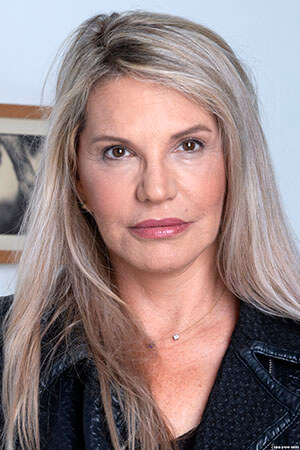
Hebrew, English
Resume
One of Israel’s prominent filmmakers, television creators and television hosts, a multiple-award-winner whose works have met with significant success in Israel and around the world.
Ben Dor, the daughter of Holocaust survivors, grew up with a mother who was incapable of showing love or happiness, in a world of violence and endless anxiety. By the age of three, she had learned she had no choice but to fend for herself, no matter how hard things got.
The first film she directed, “Because of That War,” became an overnight international success. The film was a documentary about second-generation Holocaust survivors Yehuda Poliker and Ya’akov Gilad, Israeli musicians who produced the album “Ash and Dust,” dealing with their connection to the Holocaust. In the film, Ben Dor defined the concept of second-generation survivors, and shed light on the intimate and unspoken story of growing up in a home with parents who had lived through Auschwitz.
25 years later, she dared to turn the personal story of her and her mother into the film “Oy Mama,” which depicts a fragile and emotional mother-daughter relationship, with the camera acting as a bridge between the two women. Orna’s relationship with her mother was saved thanks to the exposure, the camera and the opportunity to communicate via the lens.
Ben Dor never gave up on experimentation, trial and error in every aspect of her life – her career, love, raising children, fear, anxiety, trauma, and the daily fight for meaning and significance in life.
Her filmography is rich with over 60 works. She taught documentary filmmaking for 16 years at the Sam Spiegel Film and Television School in Jerusalem, taught independent workshops, established and ran the New Fund for Cinema and TV, ran the documentary department for Israel’s Channel 10, is a mother to Uri and Avigail, lives with producer and cinematographer Shimi Gat, and is a lecturer and host.
Lectures
Autobiography as a Toolbox for Documentary Filmmaking
Cinder-fucking-ella
Because of That War
Life and Death
Prolific documentary filmmaker Orna Ben Dor (whose films include “Because of That War,” “Guilty in Death,” “Israeli Sex,” “Mother, I Did Not Kill Your Daughter,” “Unbearable Pain,” “Oy Mama,” “Life and Death” and more) reveals significant milestones in her personal life as sources of inspiration and healing in her films. “Growing up in a loveless and violent house, I learned the hard way about mercy and rage, two sides of the same coin, which became tools that form the very foundation of my work process.” Through her work, she learned about the healing powers of the camera. She says, “It is not by chance that I became a documentary filmmaker. I believe you have to have a giant wound in you to push you into this grinding line of work. Some might say documentary filmmakers are like doctors; they can be found where it hurts. And so, day after day, I spent my time with suffering, distress, injustice, the festering wounds of others, which became my own.” Ben Dor explores and exposes worlds which exist right under our noses, and yet we know nothing about them. As soon as they are revealed, our perception of reality is forever altered. In her lecture, Ben Dor speaks about the ramifications her films have had on her life.
The television show “Rich Women” exposed an entire country to the nouveau riche, eccentric, ostentatious and hedonistic lifestyle of Israel’s one-percenters, presented raw and unembellished. It was a guilty pleasure that became Channel 10’s most successful Israeli brand. Orna Ben Dor was able to provide an intimate look into a reality which, up until that point, had been closed off to cameras. What does this success tell us about Israeli society’s innermost desires? About the relationship between women and money, and about marrying rich? And how does all this relate to the fairytale of Cinderella, and the fantasy shared by so many women of marrying a prince who will save them from their daily war of survival?
The story behind the album “Ash and Dust,” which explored the childhood of musicians Yehuda Poliker and Ya’akov Gilad, and the larger story of an entire generation who grew up with Holocaust-survivor parents. Director Orna Ben Dor, the daughter of Holocaust survivors herself, embarked on a journey into the memory of her parents who lived through Auschwitz, and the children who grew up under a dark cloud of memories, the endless pain of loss, violence and death. The film, which met with international success and won dozens of awards in Israel and around the world, defined the concept of second-generation survivors. The camera turned the private memory into a touchstone of Israeli culture, and changed the way the history of Holocaust survivors has been written since.
It is no secret that the Israeli justice system suffers from serious flaws, but it remains the most sanctified system in Israeli public life. The research behind the documentary series “Life and Death” exposed the failures, corruption and injustice within a system whose purpose is upholding the law and maintaining justice. During production on the series, director Ben Dor received threats from within the legal system, and attempts were made at preventing the show from airing. Many stories remained on the cutting room floor. The time has come to tell those stories. Why has former Tel Aviv District Attorney Ruth David not been indicted? What is the legal system trying to hide? Why do innocent people serve time in prison, while criminals roam free? And do we, the “common citizens,” have any true defense at our disposal if we ever come to need the legal system?
More

Lectures In The Following Topics: Economics, Business & Leadership, Innovation & Future Studies, News & Media
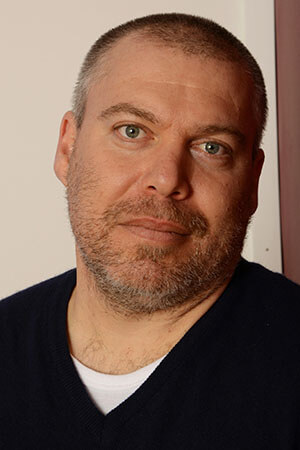
Lectures In The Following Topics: Economics, Business & Leadership, Holocaust Memorial Day, Independence Day
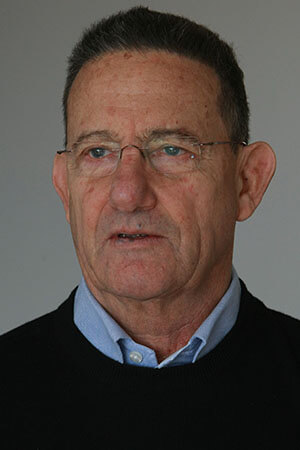
Lectures In The Following Topics: Hosting, News & Media
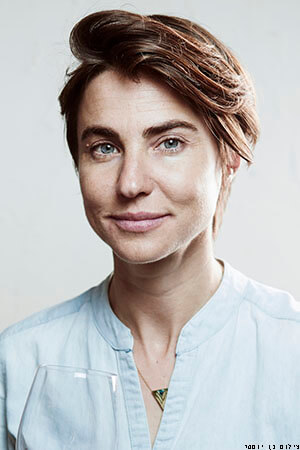
Lectures In The Following Topics: Culinary, Health, Sport & Nutrition, Holidays
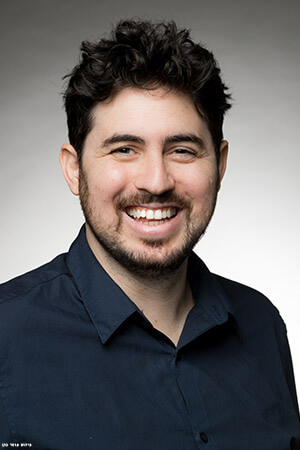
Lectures In The Following Topics: Health, Sport & Nutrition, Inspirational Lectures, Motivation & Empowerment
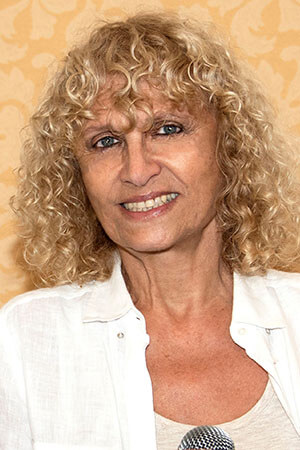
Lectures In The Following Topics: Independence Day, Inspirational Lectures, Motivation & Empowerment

Lectures In The Following Topics: Holidays, Independence Day, News & Media
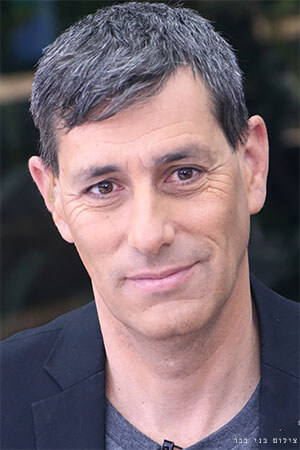
Lectures In The Following Topics: Hosting, News & Media
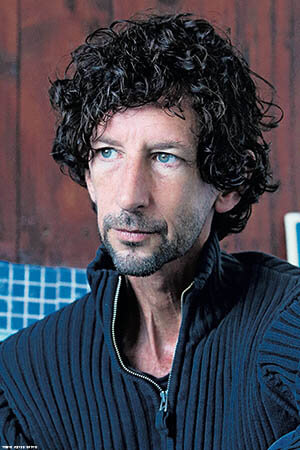
Lectures In The Following Topics: Inspirational Lectures, News & Media
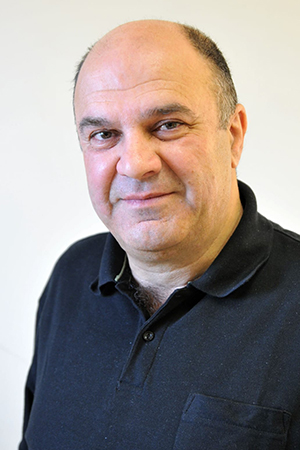
Lectures In The Following Topics: Economics, Business & Leadership, Health, Sport & Nutrition, Innovation & Future Studies
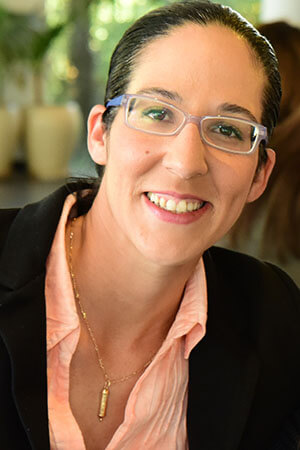
Lectures In The Following Topics: Health, Inspirational Lectures, Motivation & Empowerment
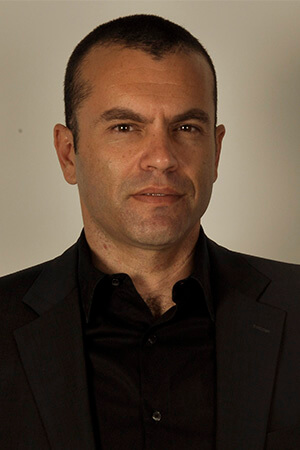
Lectures In The Following Topics: Economics, Business & Leadership, News & Media

Lectures In The Following Topics: Innovation & Future Studies, Inspirational Lectures, Motivation & Empowerment
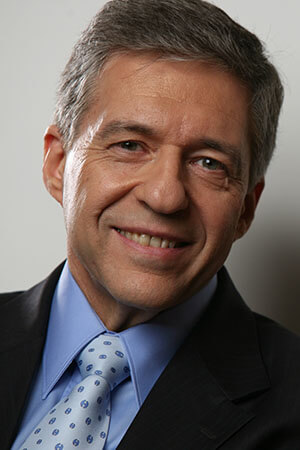
Lectures In The Following Topics: Economics, Business & Leadership, Motivation & Empowerment, News & Media
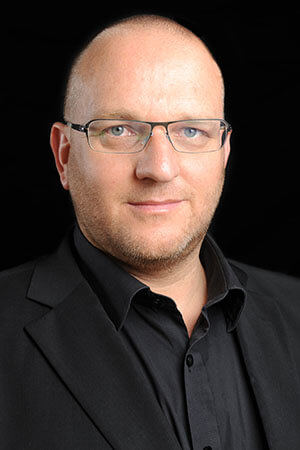
Lectures In The Following Topics: Innovation & Future Studies, Inspirational Lectures, Relation, Family & Life
הזמנת הרצאה של-
Orna Ben Dor
Order lecture by –
Orna Ben Dor
This website uses cookies
Please note that this website uses cookies for operational, analytical, and marketing purposes. By continuing to browse the site, you consent to this use. For more information, please refer to the Privacy Policy.


